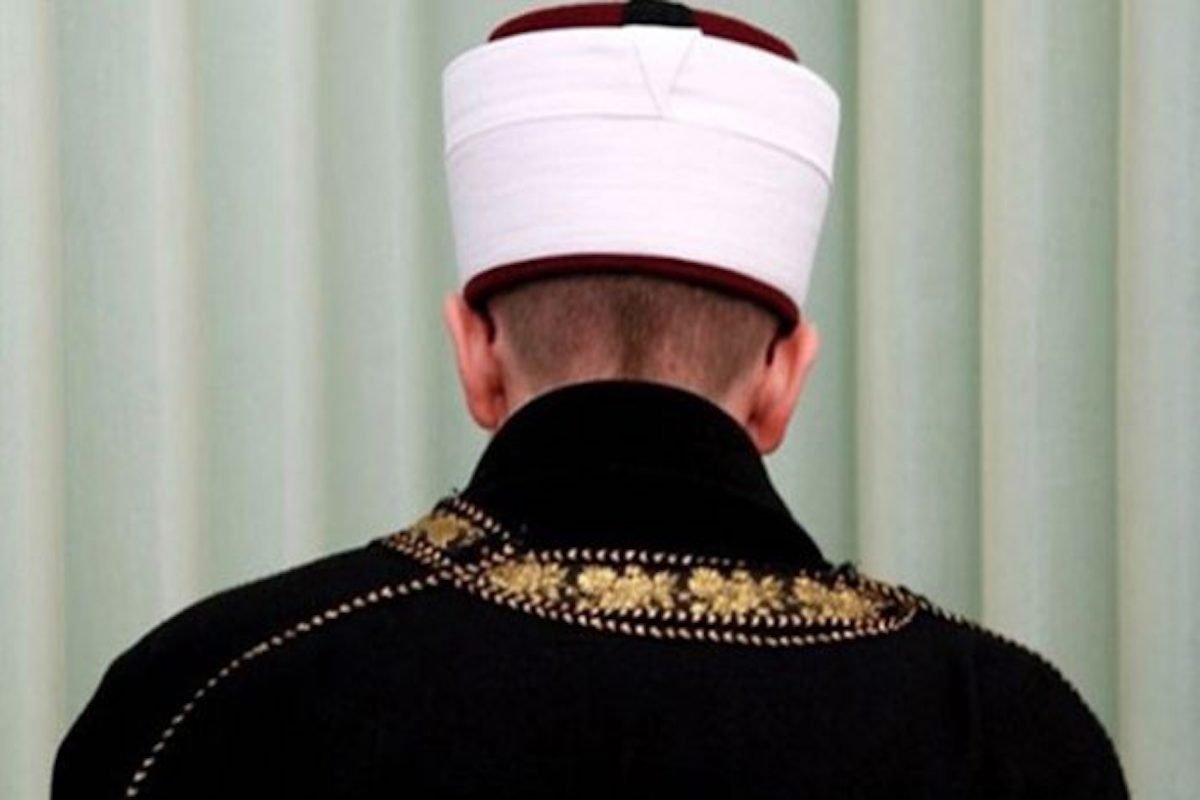After a spying scandal involving Religious Affairs Turkish-Islamic Union (DİTİB), Erdoğanist Turkish imams working in mosques, schools and prisons in Germany had refused security checks and quit their jobs.
When a children’s comic glorifying ‘martyrdom’ was published by the DİTİB in the summer of 2016, the then Justice Minister of Germany, Thomas Kutschaty had issued an order for security check for all imams working in government institutions. The security checks tightened after several Turkish imams were prosecuted for being a Turkish spy and collecting information about German citizens and institutions.
According to the data provided by Germany’s North Rheine Westphalia (NRW) government after the introduction of the obligatory security check for imams working in prisons, most of the imams have quit their jobs.
The probe had inflamed tensions with Ankara, at a time when ties were frayed over Berlin’s criticisms of Turkish autocratic President Recep Tayyip Erdogan’s human rights record.
The imams targeted by the German investigation belonged to DİTİB, an organisation controlled by Ankara that manages some 900 mosques and religious centres in Germany. The imams were suspected of spying for Erdoğan’s government on the alleged members of the Gülen movement which has been inspired by US-based Turkish-Muslim scholar Fethullah Gülen.
The Local has reported that German federal prosecutors said they have now halted the probe. Prosecutors said they had sought arrest warrants for seven suspects who are now residing in unknown locations, but a presiding judge found that the individuals did not pose an urgent threat. Another seven individuals were cleared as allegations were not substantiated by evidence.
Police were able to obtain “written documents, data storage banks and communications material” in raids targeting the suspects, but “analyses and investigations did not find” proof that they provided information to Turkish authorities.
The case against five others was dropped as they were found to have “provided only very general findings to the consulate and not concrete information relating to specific individuals.”
At least 16 Turkish imams were accused of spying for the Turkish government on Gülen movement followers in Germany on May 2017. Ten imams who work for DİTİB had fled the country to avoid legal proceedings. A total of 20 Turkish citizens have been facing an investigation on charges of spying on followers of the faith-based Gülen movement, according to a report in the German Die Welt daily in April.
The Federal Public Prosecutor’s Office (GBA) had said in a statement that the imams had acted on an order issued on Sept. 20, 2016 by the directorate to profile Gülen movement sympathizers. In March, GBA launched an investigation into Halife Keskin, the foreign relations general manager of Turkey’s Religious Affairs Directorate (Diyanet), over his order to Turkey’s diplomatic missions and imams to gather information on people sympathetic to the Gülen movement.
It was also leaked to the public that not only imams but also members of Turkey’s National Intelligence Organization (MİT) had been surveilling members of the Gülen movement in Germany. The German Interior Ministry in March launched an investigation into whether MİT has been spying on suspected supporters of the Gülen movement in Germany.
Tensions rose between Turkey and Germany over operations against DİTİB imams who were claimed to be spying on people affiliated with the Gülen movement. In February, the coordinator of DİTİB, Murat Kayman, announced his resignation over the allegations. In the same month, German police teams raided the apartments of four DİTİB imams in North Rhine-Westphalia and Rhineland-Palatinate who were suspected of acting as informants.
However, according to the report by the Local, the Turkish government has made some conciliatory moves in recent weeks, including releasing two German nationals who had been detained in Turkey. A week after the German citizens were granted conditional release, both sides’ foreign ministers also met in the southern Turkish resort of Antalya for informal talks – the first meeting since the bitter row intensified. On Thursday, German Chancellor Angela Merkel and Turkish President Erdoğan held a rare phone conversation.
















[…] of acting as informants for Ankara’s security services, in a case that jolted German authorities[6] [7]. Similarly in Austria, a 2017 exposé revealed an “informer network” run through the […]